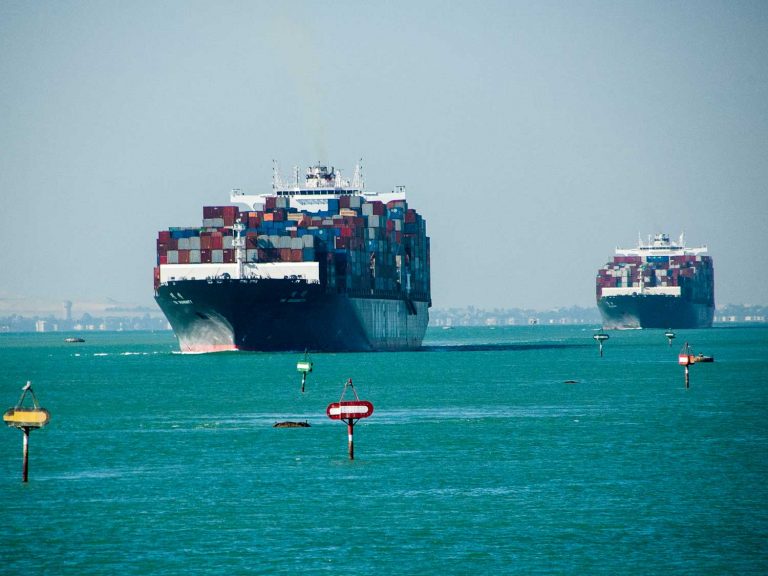
Date:
Shipping lines set to increase Asia–Europe contract rates
As the container shipping lines continue to control capacity tightly, announcing a new series of blanked sailings in October on the Asia – Europe trade, they are preparing for their annual contract negotiations with the largest shippers on the critical route, with many anticipating higher long term prices.
Sea freight spot rates from Asia-Europe have been increasing since May’s low point, defying the demand-cutting coronavirus pandemic, with carefully orchestrated volume controls.
Despite the pandemic’s economic impact, demand has been more robust than expected from China to North Europe which, combined with the limited vessel space, has seen spot rates increasing over 20%.
Metro’s customers have been protected from the worse impacts of these volatile freight rates, by the fixed availability and long-term prices we negotiate with the major shipping lines and alliances.
Short-term rate developments are often used by analysts as an indication of what to expect from the long-term market, which means that because short-term rates are volatile, similar, though less dramatic oscillation may be expected on the long-term market.
As the contract talks of the final quarter draw nearer, the big volume shippers are considering optimum time to get their tenders out and what adjustments they need to make to their annual negotiations.
Among their chief concerns will be whether using market uncertainty to secure the lowest possible contract rate could place them at a disadvantage compared with shippers paying higher long-term rates, who’s cargo will be more attractive to overly-laden shipping lines.
With so much supply and demand uncertainty it’s not only about having the cheapest rate, it’s also securing space and getting cargo shipped on time.
The biggest danger for the contracted shippers with the biggest discounts is when the spot market overtakes the lower end of the contract market because for shippers paying lower contract rates, which raises the risk of rolling.
If the carriers can pick and choose with limited capacity on their vessels, they will pick the boxes that yield the most and this is where shippers risk not only, not getting their goods loaded, but also the opportunity cost of lost sales, which would far outweigh the freight rate the lines want.
If you have any questions regarding these developments or would like further information, updates, or the latest market pricing please contact Chris Carlile or Grant Liddell.
Metro will be negotiating our 2021/22 contracts in the final quarter of the year. We recommend and encourage this model against short term or spot pricing. If you would like further details of our collaborative approach please contact Ian Barnes (ian.barnes@metroshipping.co.uk) for a discussion into our strategic negotiations with partner carriers.
